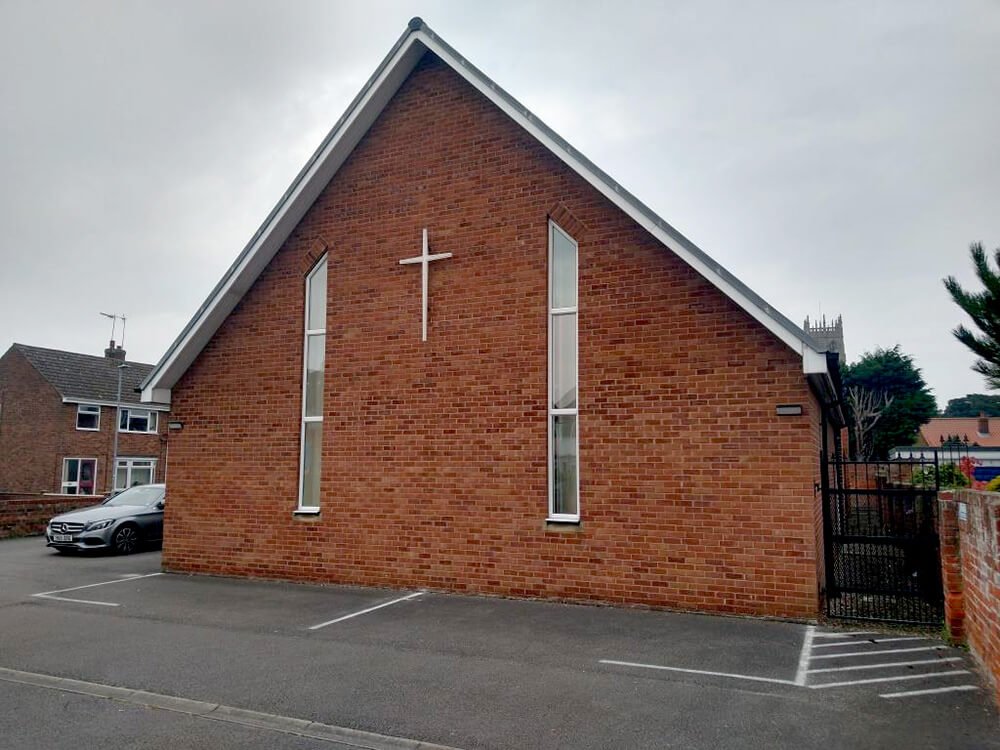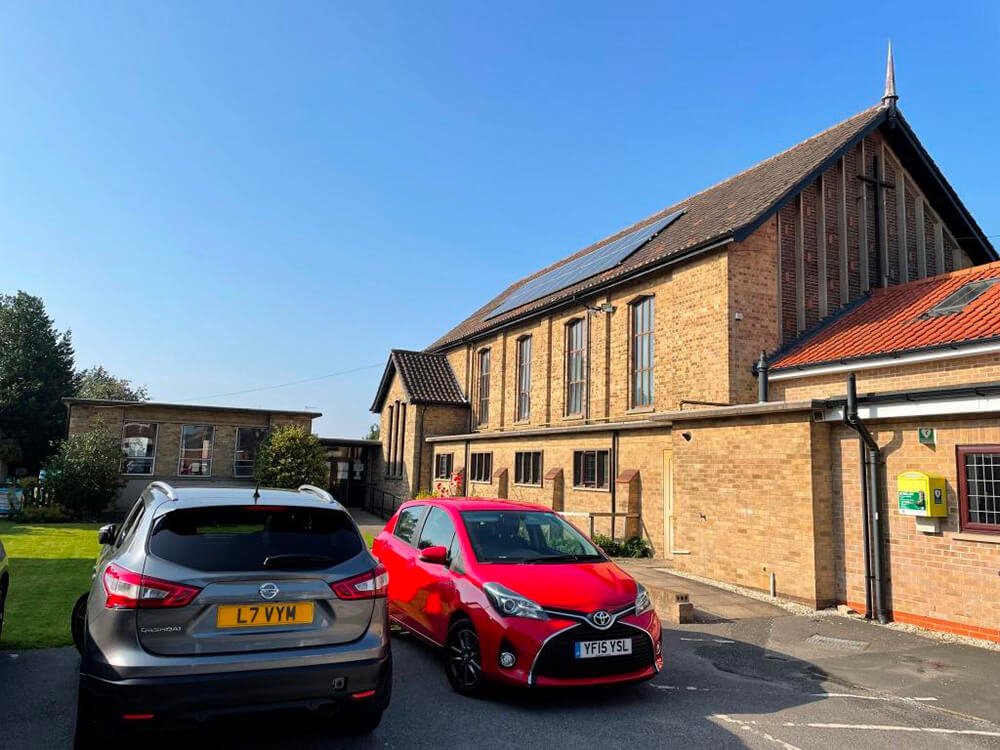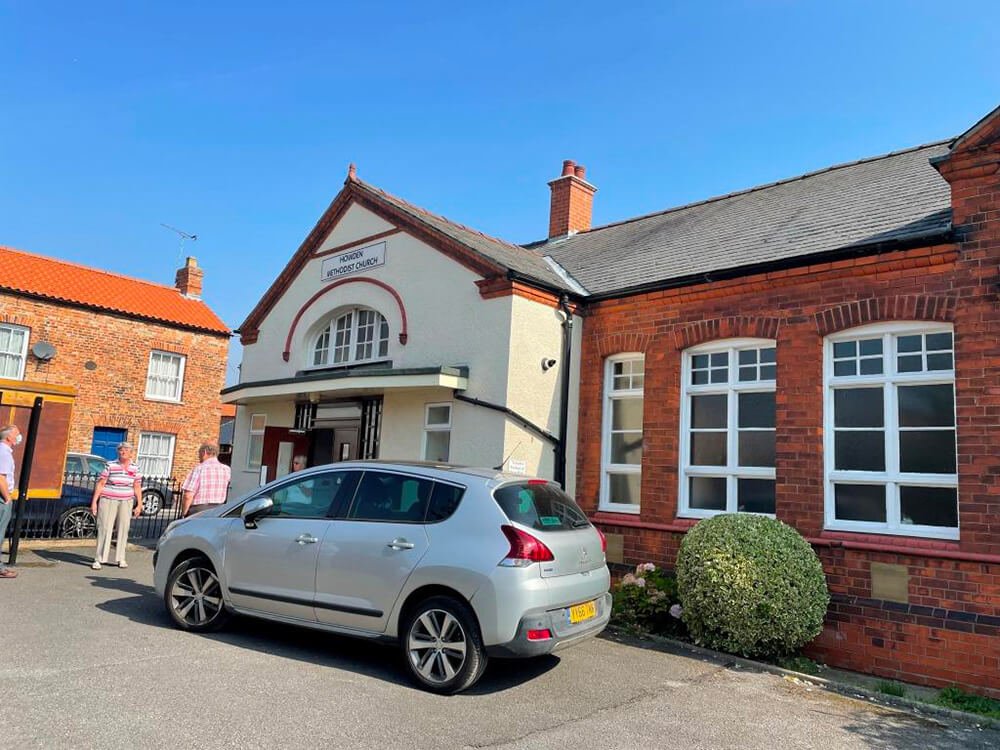NET ZERO FOR HUMBER METHODIST CHURCHES
YORKSHIRE NORTH & EAST METHODIST CHURCHES
BACKGROUND
This feasibility study for the Yorkshire North and East District of the Methodist Church, was designed to assist the Humber Area Methodists to develop a viable pathway to Net Zero for their buildings. The project, funded by the Rural Community Energy Fund (RCEF), stems from the commitment made by the Yorkshire North and East District of the Methodist Church to become Net Zero by 2040.
d3associates were commissioned to conduct the study, initially analysing current energy use and calculating the baseline carbon footprint. A list of potential energy saving opportunities were identified to reduce heat loss and consideration of alternative low carbon heating systems; typically heat pumps. Finally, options for electricity generation combined with battery storage, also electric vehicle charging.
OUTCOME
Following an assessment of information received from the church groups and follow up site visits, Pathways to Net Zero were prepared for each individual church. We took a holistic approach, initially assessing the thermal properties of the building elements to determine the most appropriate energy saving measures for that church. Once installed, they will reduce heat loss, allowing for a change of heating provision to energy efficient electric heat pumps.
Finally, using PV*SOL software, a solar PV array was sized so that the amount of electricity generated over the course of one year matched the buildings demand. To ensure as much of the generation is used within the building, to keep energy bills down, an appropriate size of battery storage was estimated.
The full report was delivered to all the stakeholder groups in a workshop and the Pathways for each church presented to the group in a virtual meeting. This allowed for explanation of the proposed measures and discussion. The report is being used for a RCEF Stage 2 funding bid to undertake the detailed technical design and obtain fixed prices.

Aldbrough Methodist Church

Hornsea Methodist Church

Hutton-Cranswick Methodist Church

Hedon Methodist Church

Patrington Methodist Church

Withernsea Methodist Church

Brough Methodist Church

Newport Methodist Church

North Ferriby Methodist Church

Howden Methodist Church
